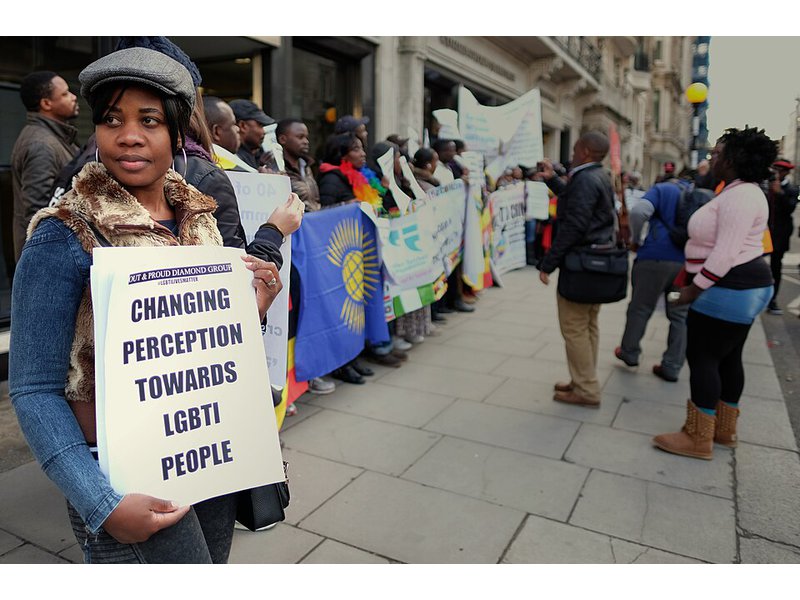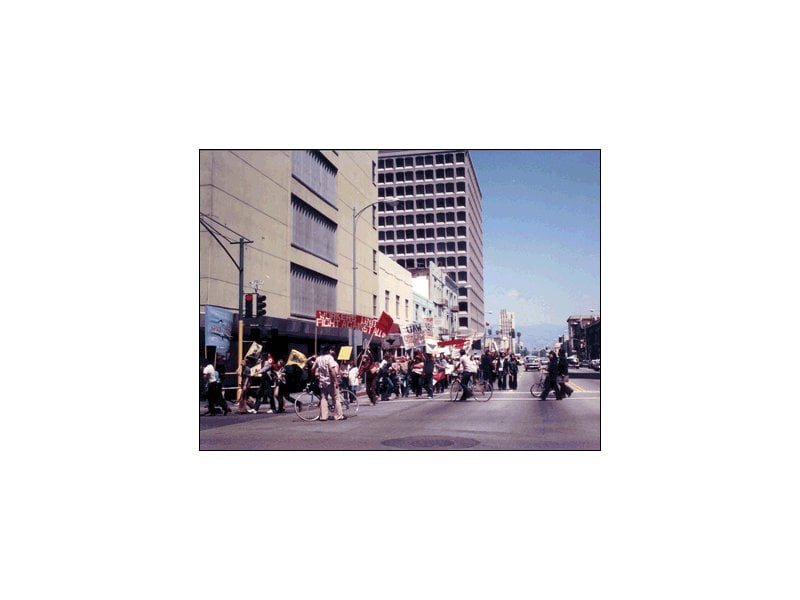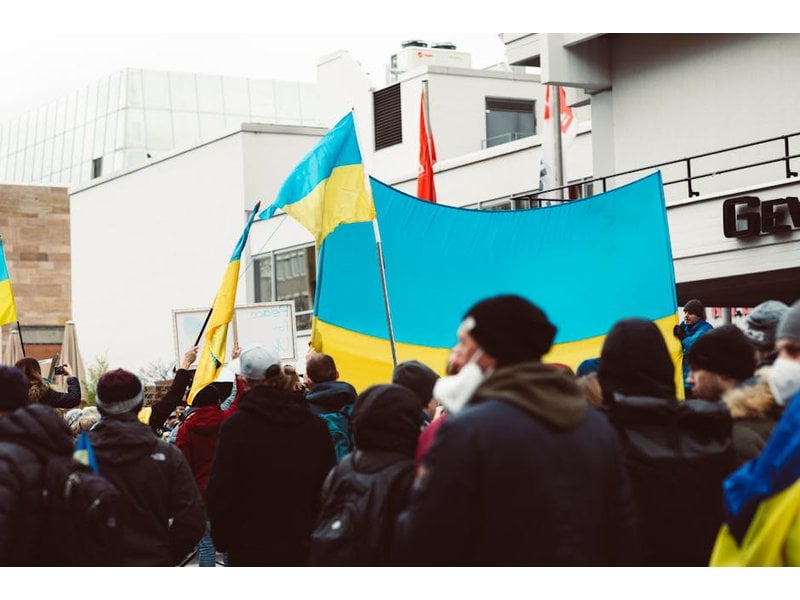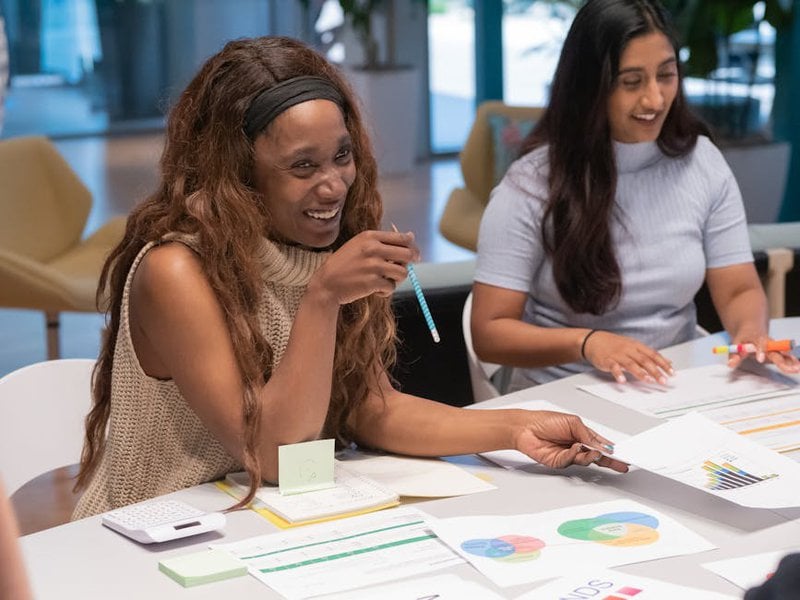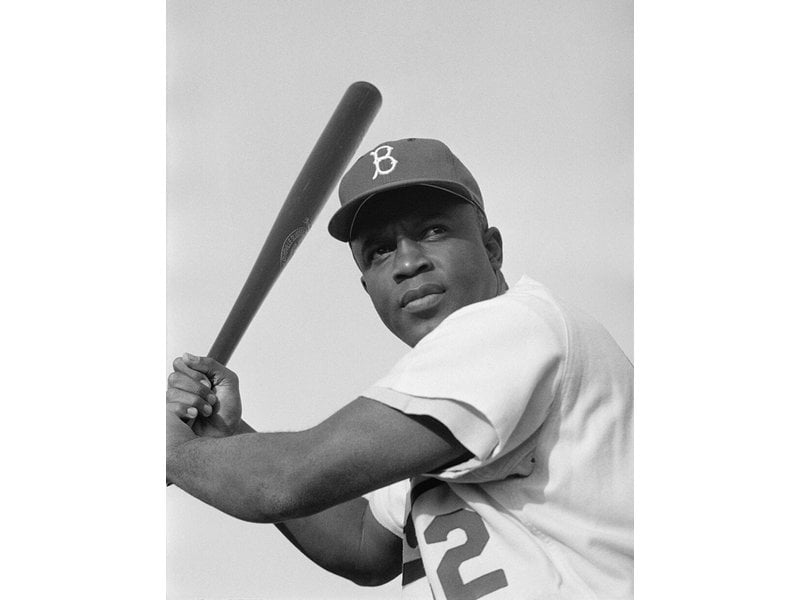017 mock elections
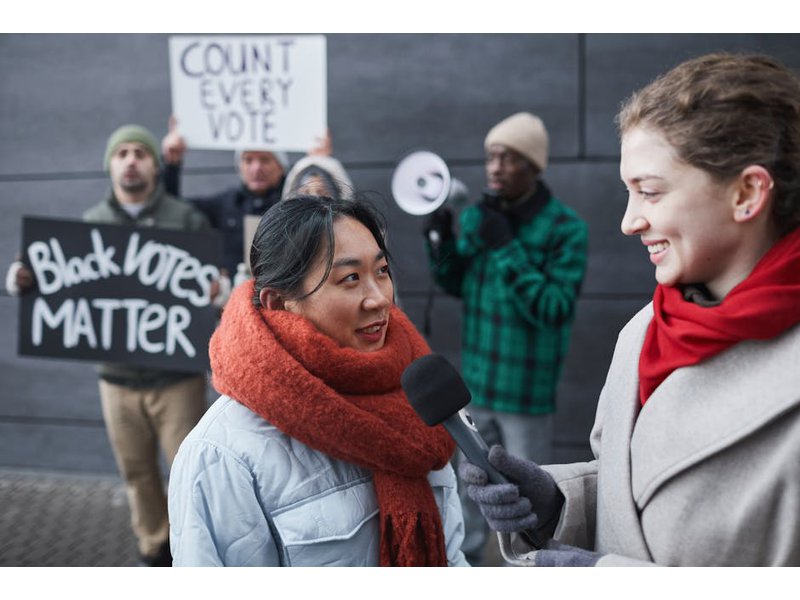
"The final method of making group representations described here is the mock election. An opposition group may, as a means of protest, hold extralegal elections or direct popular balloting on a topical issue. Special “polling” places at which to “vote” may be established, or the “votes” may be collected in some other way, such as by house-to-house calls. This method may be used by large minorities or by majorities when restrictions on the operation of the regular constitutional electoral system prevent the opposition from participating, either fully or in any form at all. Or minorities with full access to the regular electoral system may also, or instead, use the mock election when they feel that they need additional means of reaching the public about the issue which concerns them."...
Potentially problematic matches

High scoring campaigns using this method
Historical cases from the Nonviolent Action Database that used this method
Kuwaiti women struggle for suffrage (Blue Revolution), 2002–2005
The country of Kuwait acquired independence from the United Kingdom in 1961. With the country feeling a sense of liberation, the women in particular seized the moment to seek further liberation. As an act of defiance, many women burned their robes. I...
Lithuanians campaign for national independence, 1988-1991
Russia first occupied Lithuania and introduced a program of “Russification,” an attempt to eliminate Lithuanian language and culture in favor of Russian culture, in the mid-19th century. After 22 years of independence from Russia, the Molotov-Ribbent...
Bolivians end foreign-owned water privatization in Cochabamba ‘Water War', 2000
Throughout the 90s, Bolivia came under increasing pressure from the World Bank to privatize public goods in order to fulfill loan conditionality. In September 1999, in response to this pressure, the Bolivian government auctioned off the municipal wat...
Freedom Summer campaign for African American voting rights in Mississippi, 1964
By 1964, a handful of Student Nonviolent Coordinating Committee (SNCC) field workers had endured three years of continued repression as they challenged Mississippi’s racial discrimination. Only 6.7% of black Mississippians were registered to vote in ...
Philadelphians campaign for a casino-free city, 2006-2010
Seeking extra tax revenue to bolster a struggling state budget, the United States state of Pennsylvania passed a bill in 2004 authorizing casinos in the state. The bill, Act 71, legalized the construction of 15 new casinos in the state, two of which ...
Narmada Bachao Andolan (NBA) forces end of World Bank funding of Sardar Sarovar dam, India, 1985-1993
After the country won its independence, India's first Prime Minister, Jawaharlal Nehru, began calling for the construction of dams to aid in India's development. Many of these dams were proposed on the Narmada River, which flows through the states of...
Ukrainians protest for regime change (Ukraine Without Kuchma), 2000-2003
On 17 September 2000, the Ukrainian government under President Leonid Kuchma kidnapped a journalist, Georgiy Gongadze. Gongadze was known for speaking out openly against the government, using his popular radio show and website to expose the widesprea...
Low scoring campaigns using this method
Historical cases from the Nonviolent Action Database that used this method
